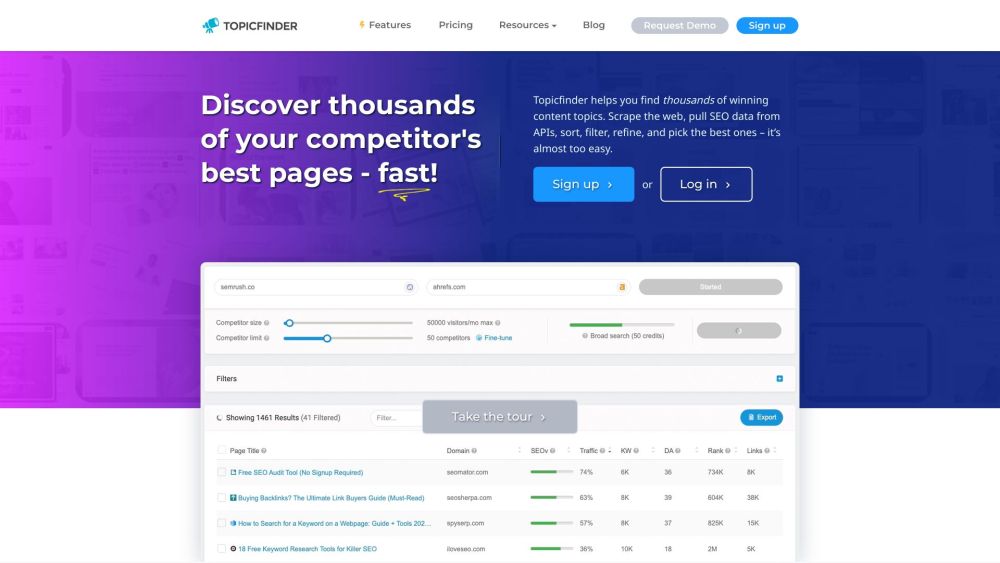Google's Search Generative Experience (SGE) is poised for a broader launch, moving beyond its initial select user base. Just six months after its introduction at I/O 2023, SGE will now be accessible to Search Labs users in 120 countries and territories, accompanied by support for four new languages and several valuable features.
Taking a more careful approach compared to its rapid release of the Bard chatbot, Google began SGE's rollout with English-language searches in the US in May. This was followed by expansions to English-speaking users in India and Japan in August and teen users in September. As of now, users from Brazil to Bhutan can experience the SGE feature. In addition to English, users can now search and interact with the assistant in Spanish, Portuguese, Korean, and Indonesian, along with existing support for Hindi and Japanese. These features are available on Chrome desktop, with the Android app rolling out in stages over the next week.
Among the new features is an enhanced follow-up function, which allows users to ask additional questions directly on the search results page. This mini-Bard feature integrates seamlessly into the generated summary, enabling users to explore topics without navigating away from the results page or typing out new queries. Google will limit advertisements to specific areas of the page to prevent confusion with generated content, with follow-up options rolling out soon, starting with English users in the US.
SGE will also help clarify ambiguous translation terms. For instance, the phrase "Is there a tie?" can lead to different translations in Spanish, depending on whether it refers to a draw ("un empate") or a necktie ("una corbata"). This functionality highlights contextual variations, allowing users to select the appropriate version. This feature will initially be available for English-to-Spanish translations for users in the US.
Additionally, Google aims to expand its interactive definitions found in generated summaries for educational topics like science, history, and economics to include coding and health-related searches. This update is expected in the coming month, initially targeting English-language users in the US before extending to other regions.






